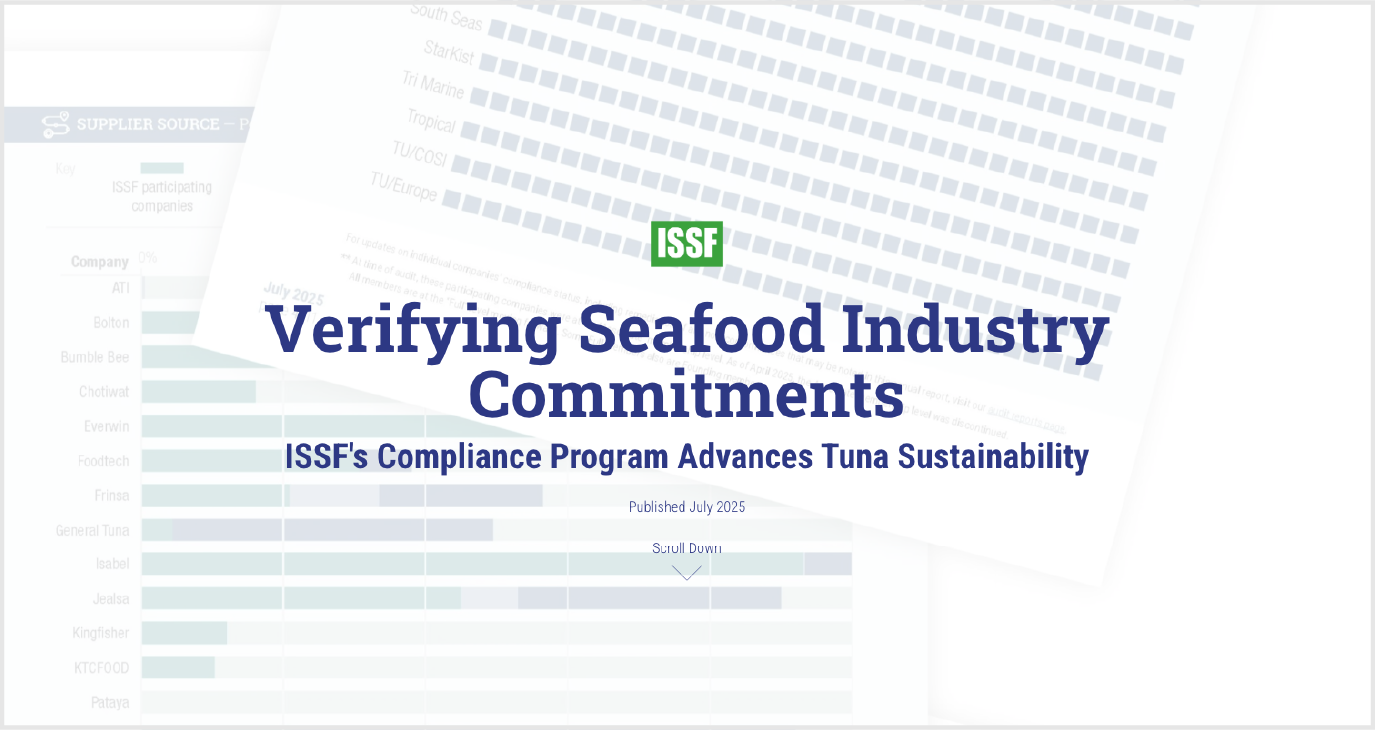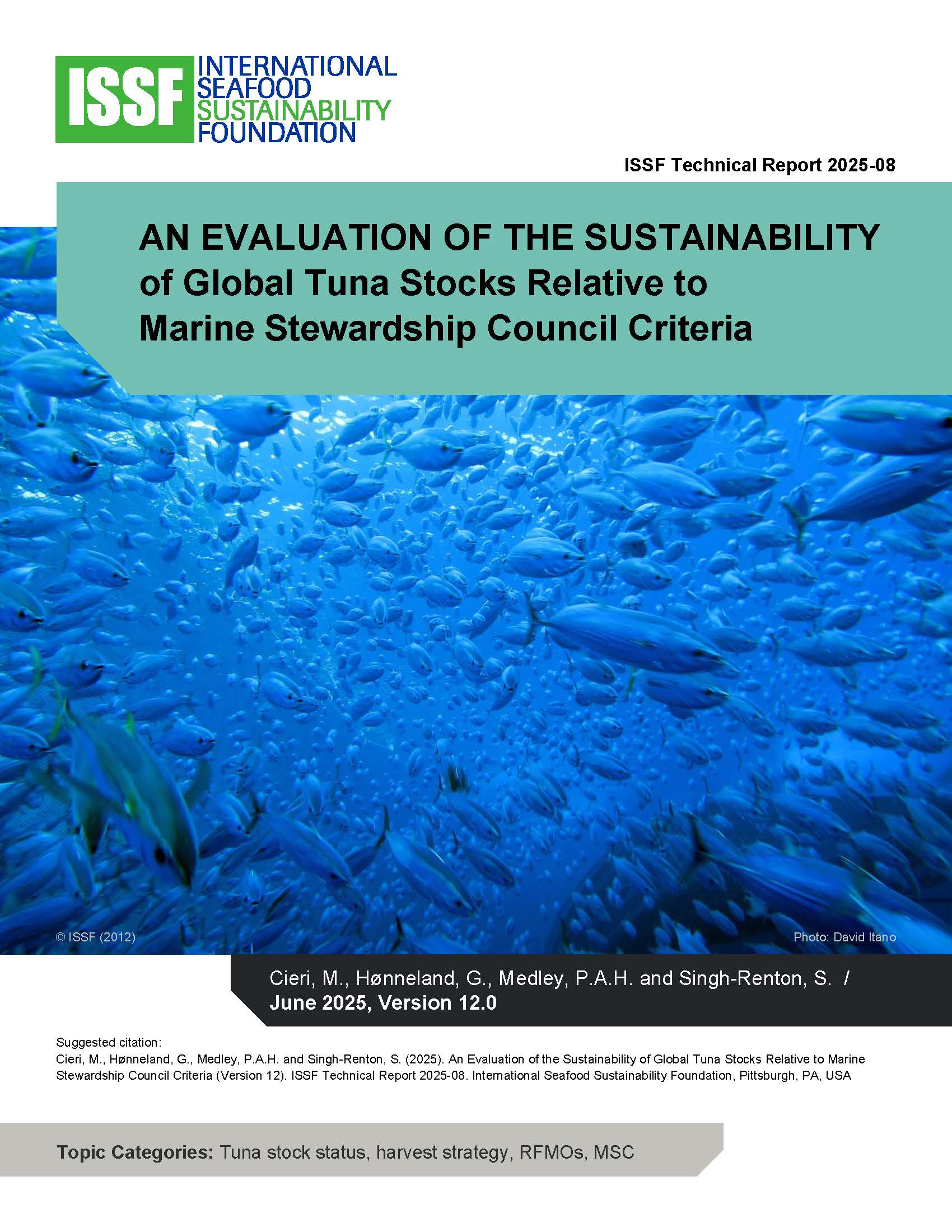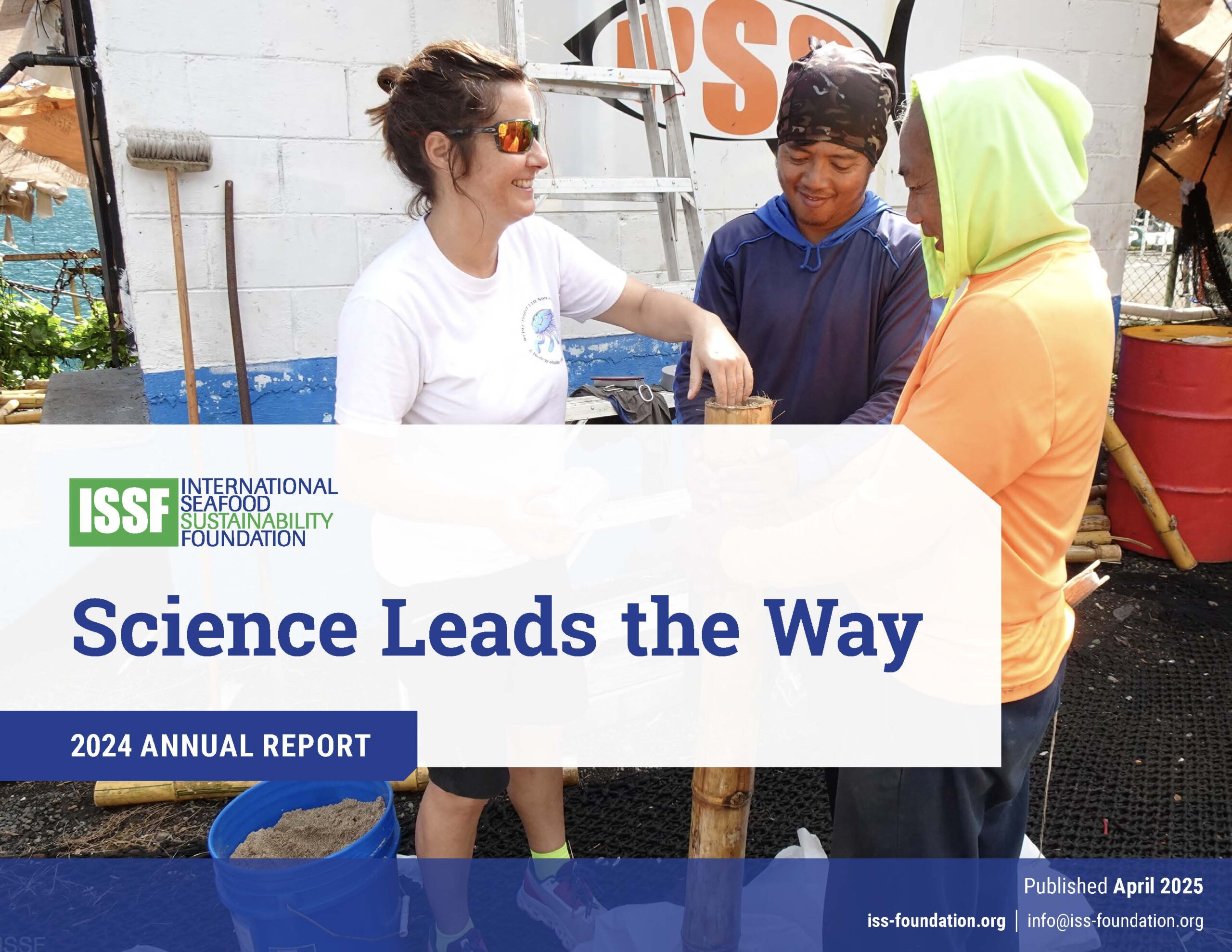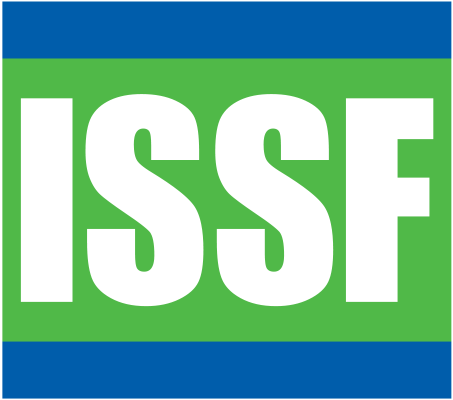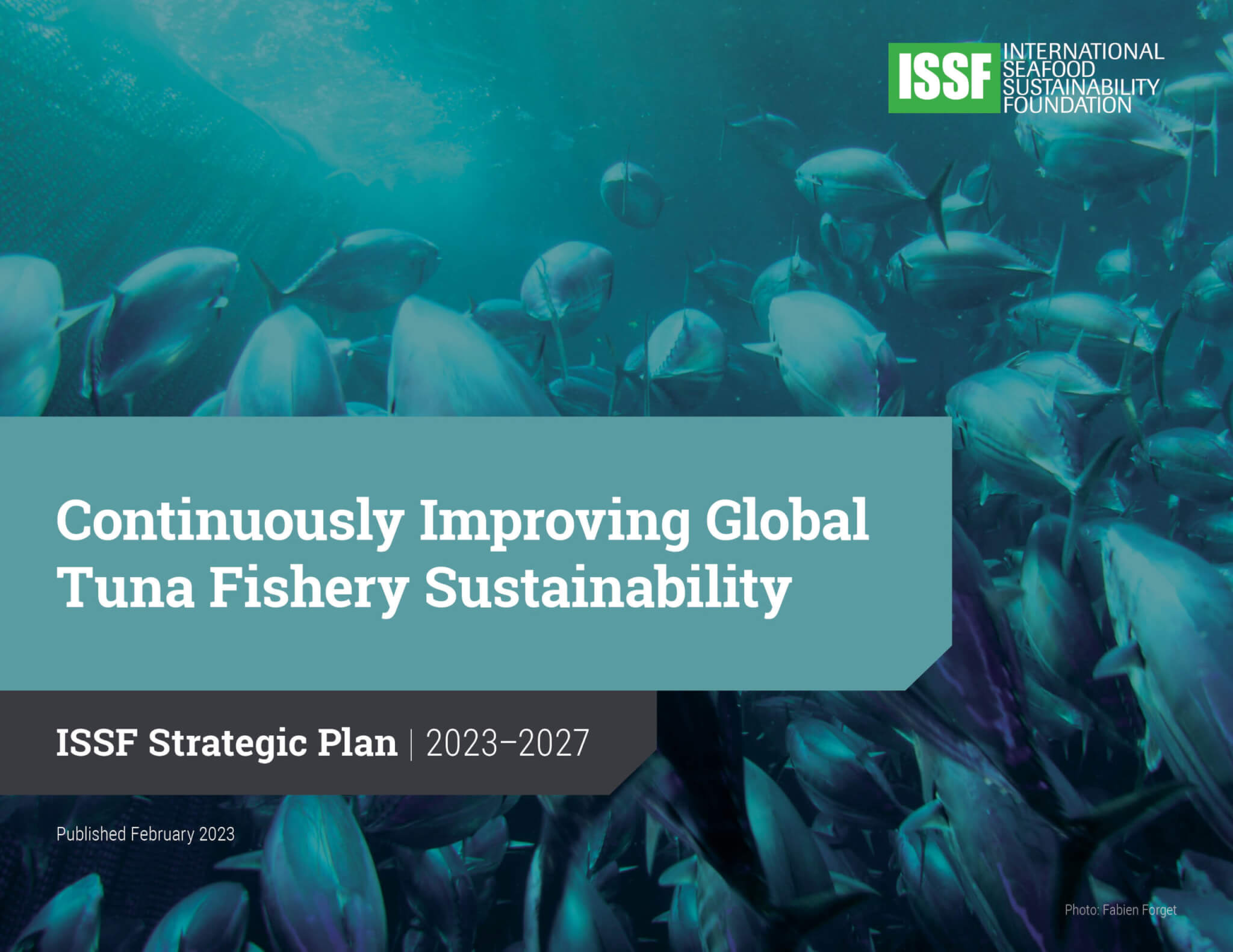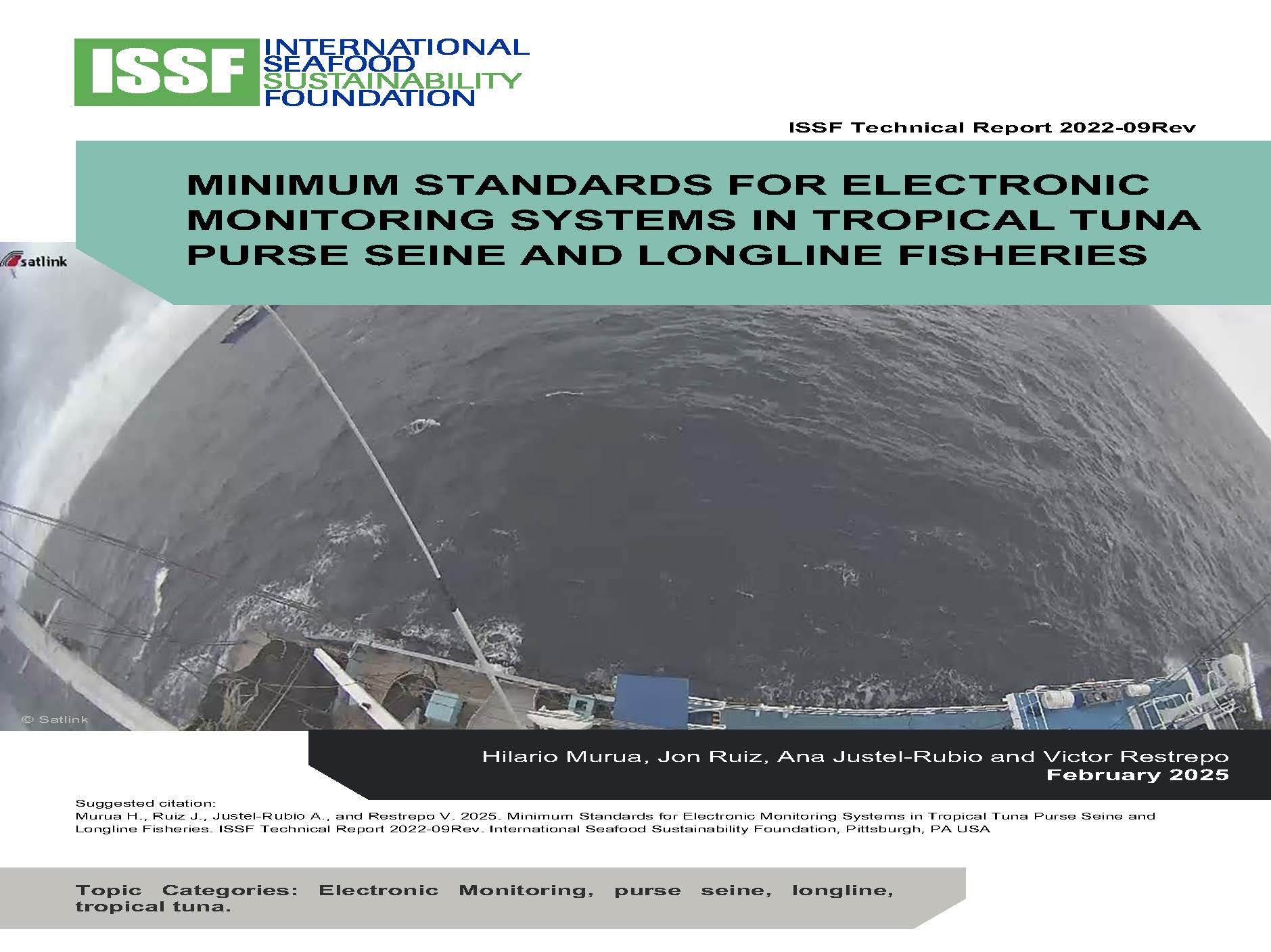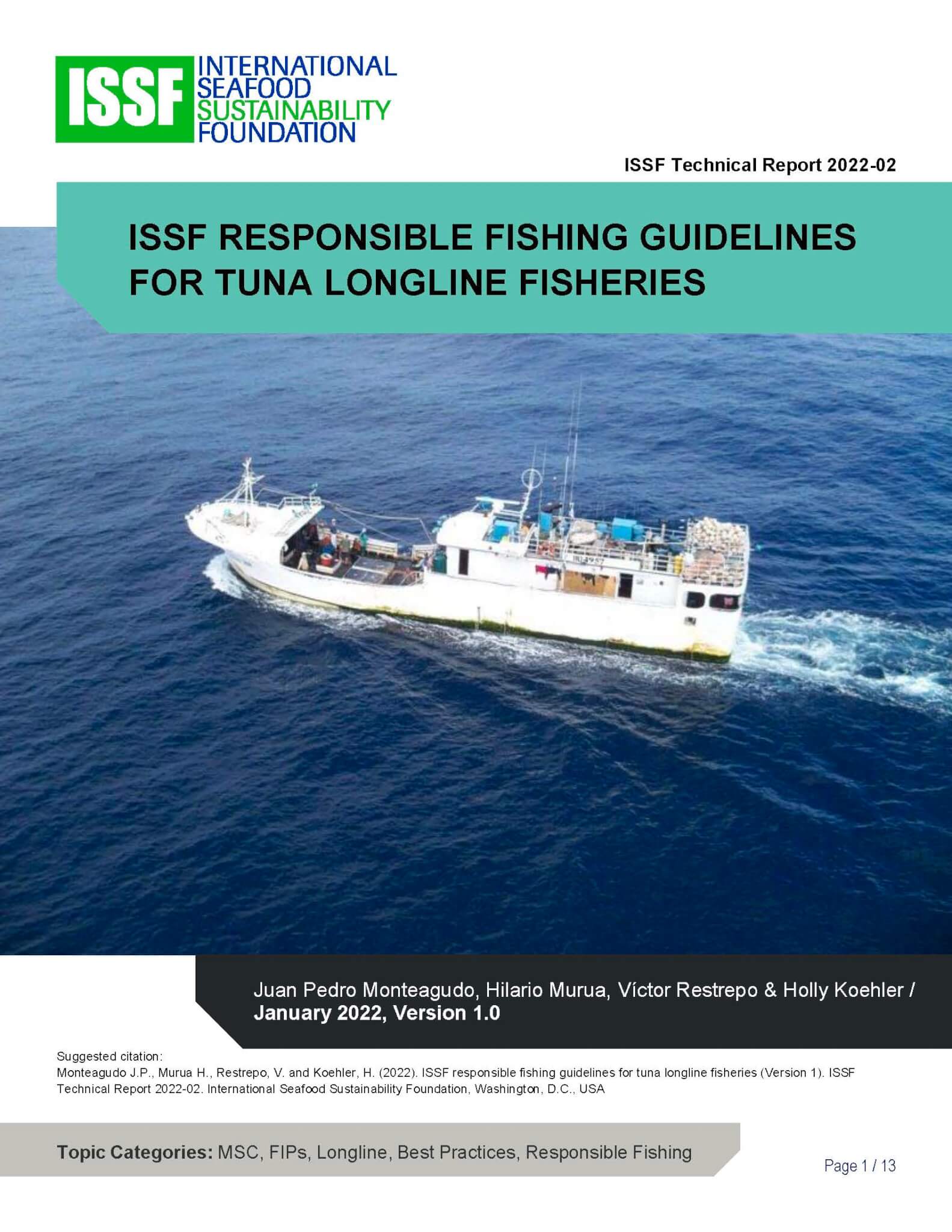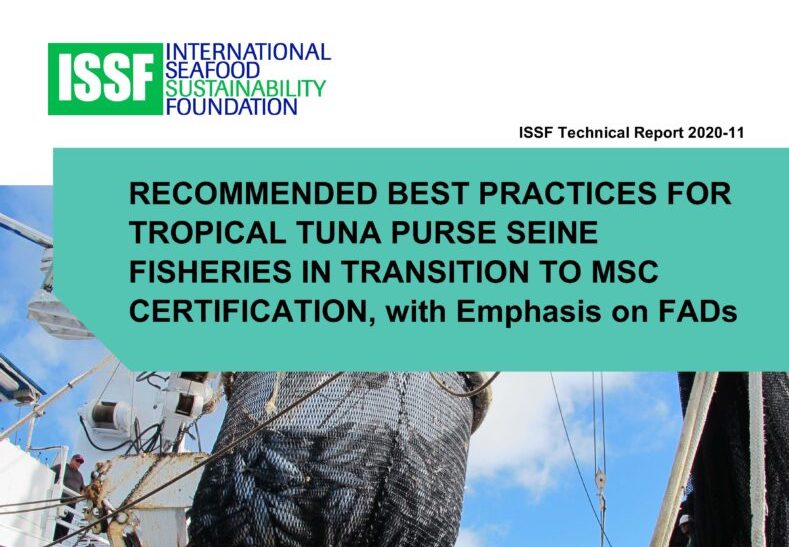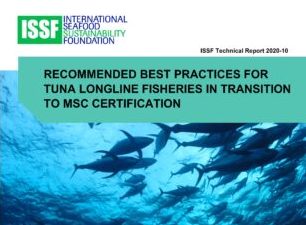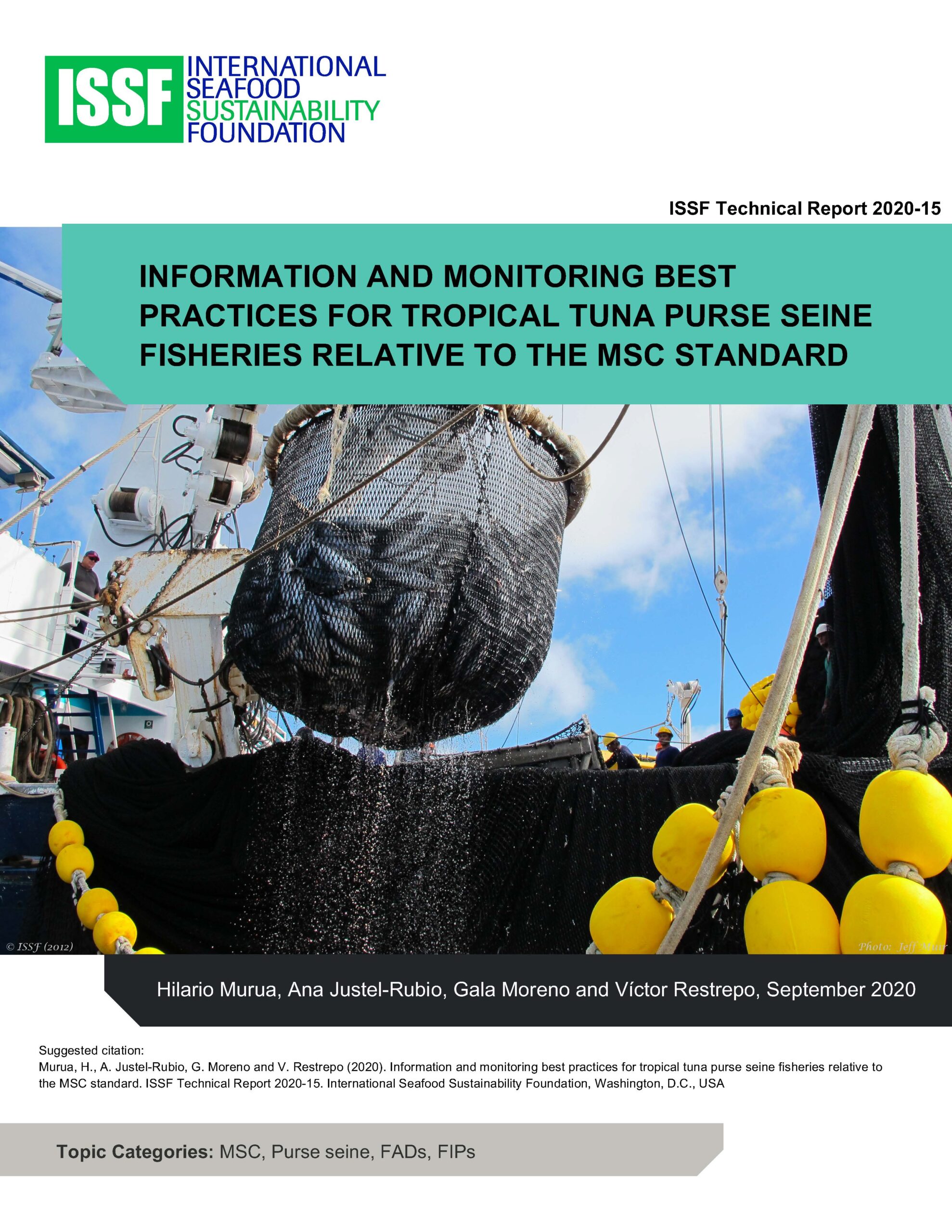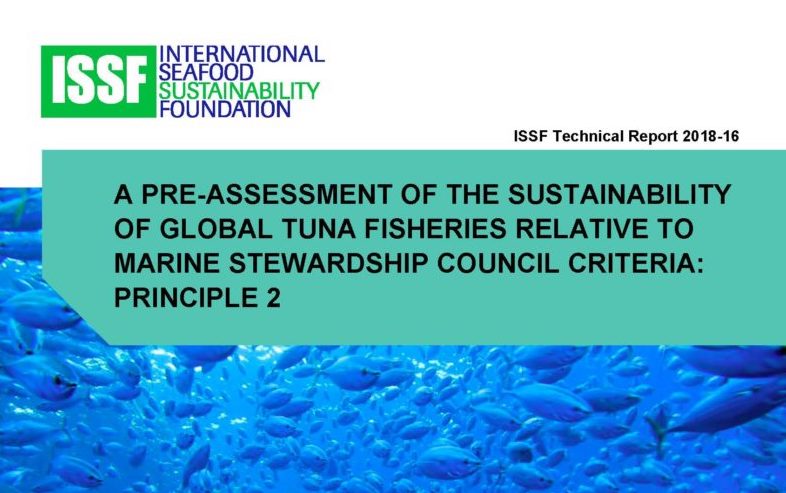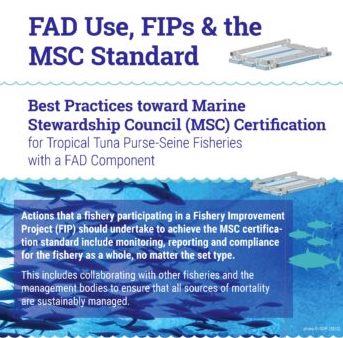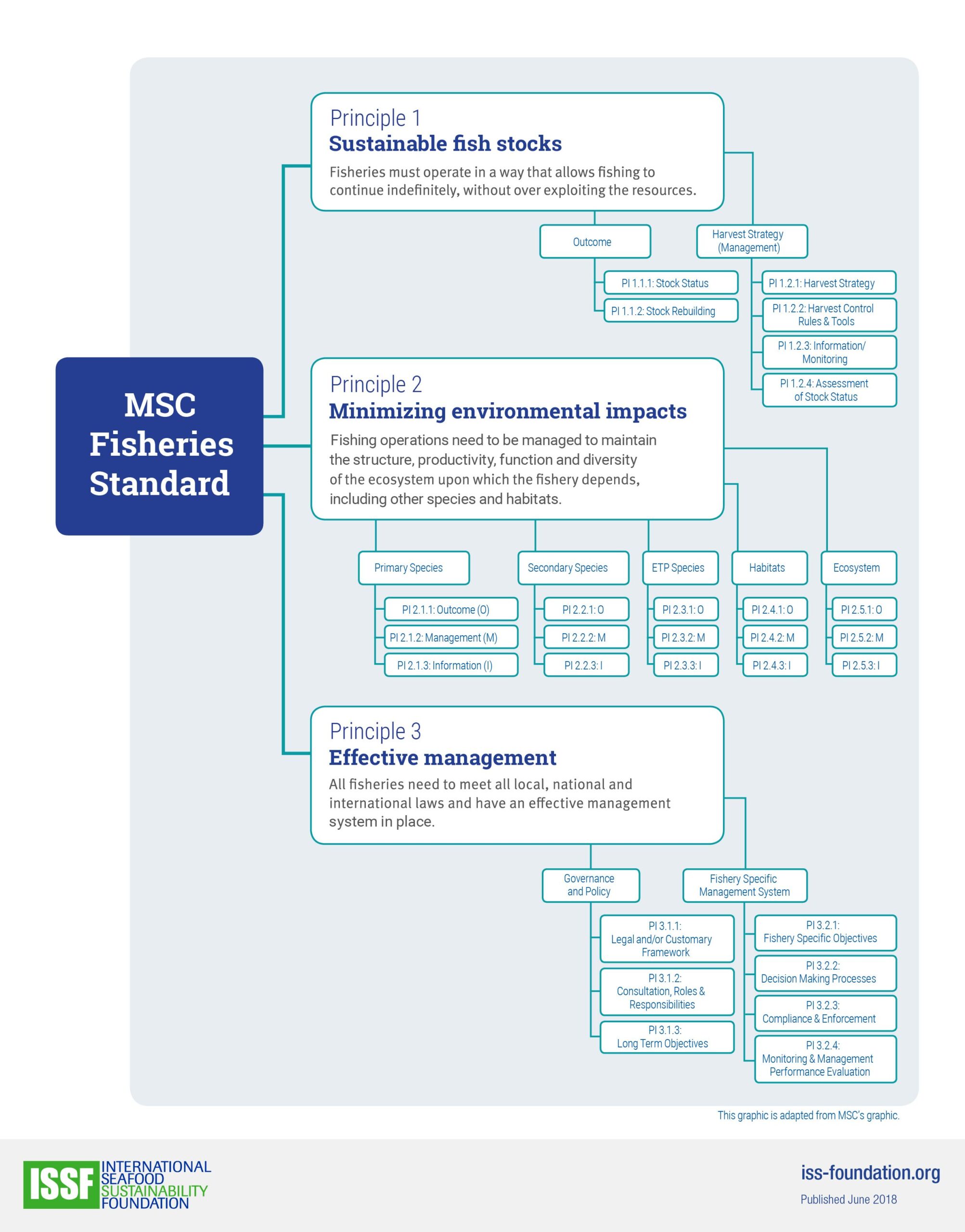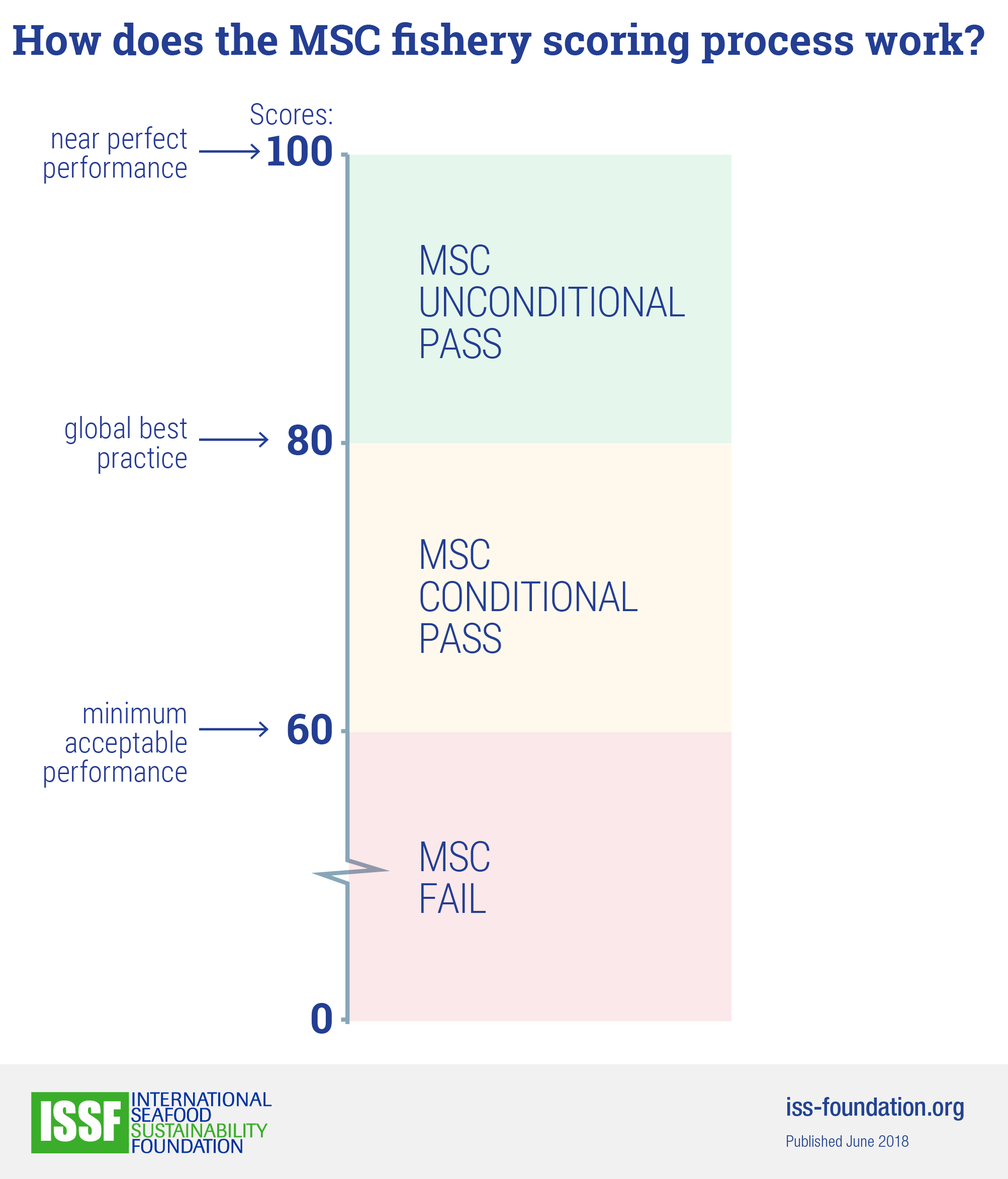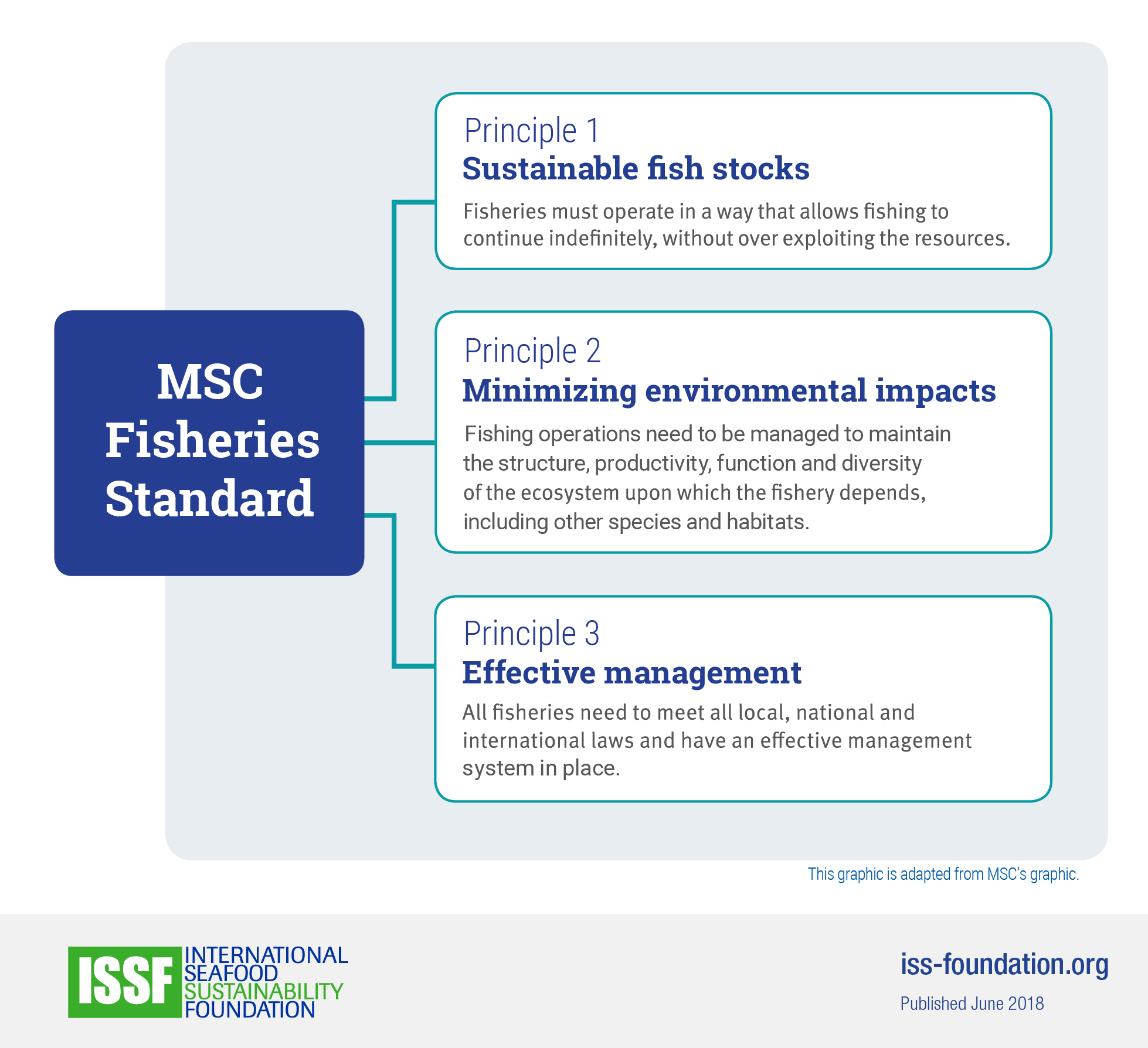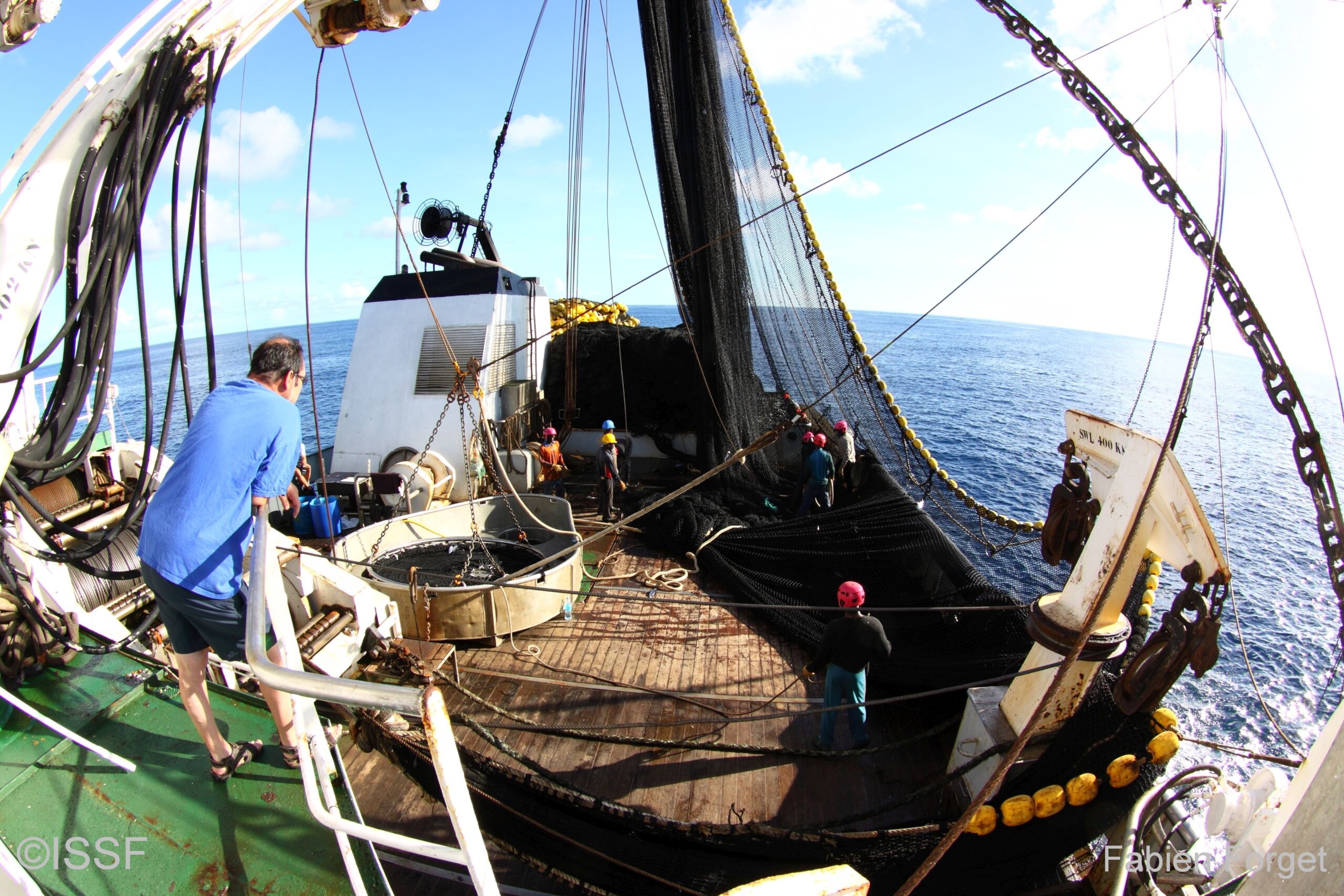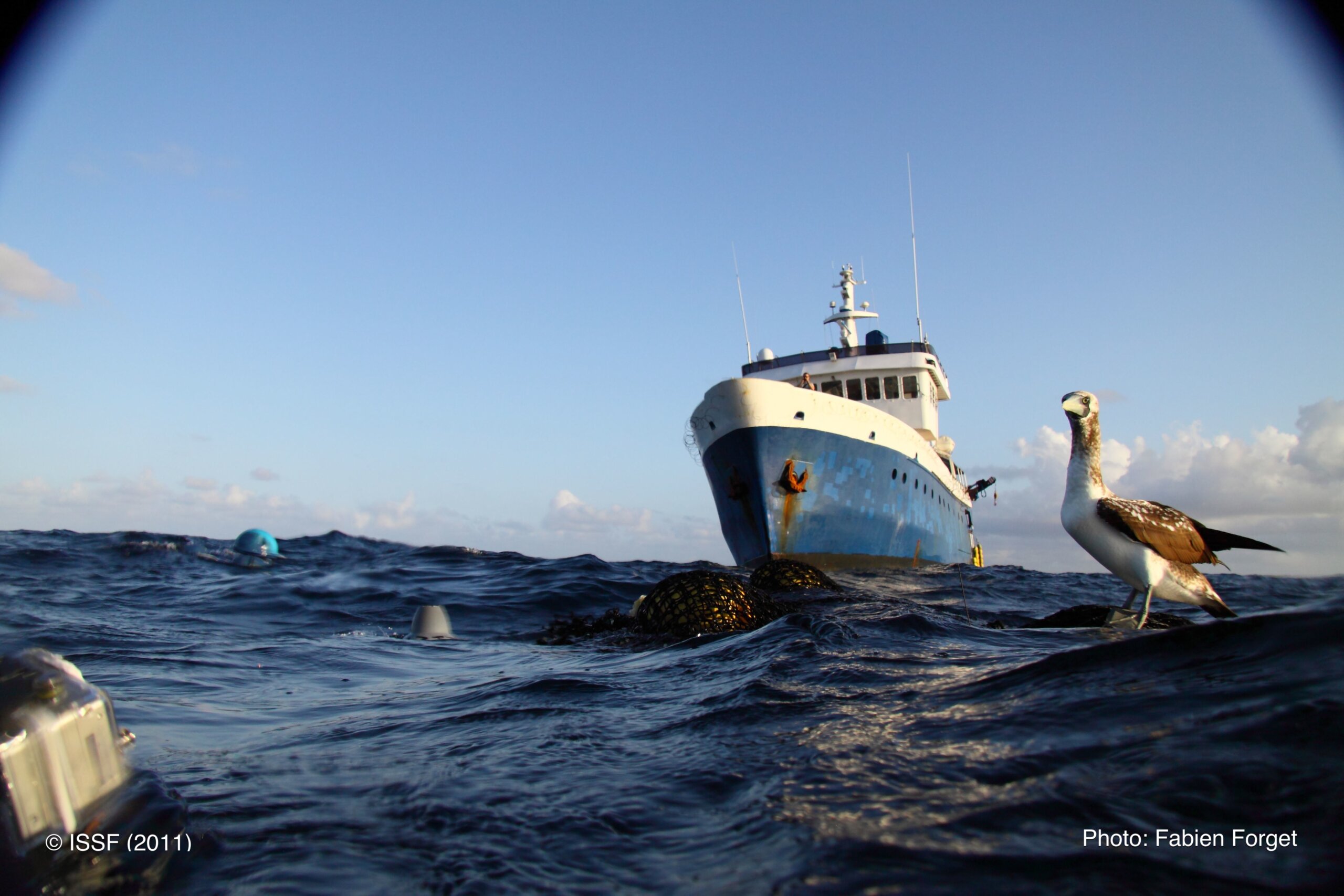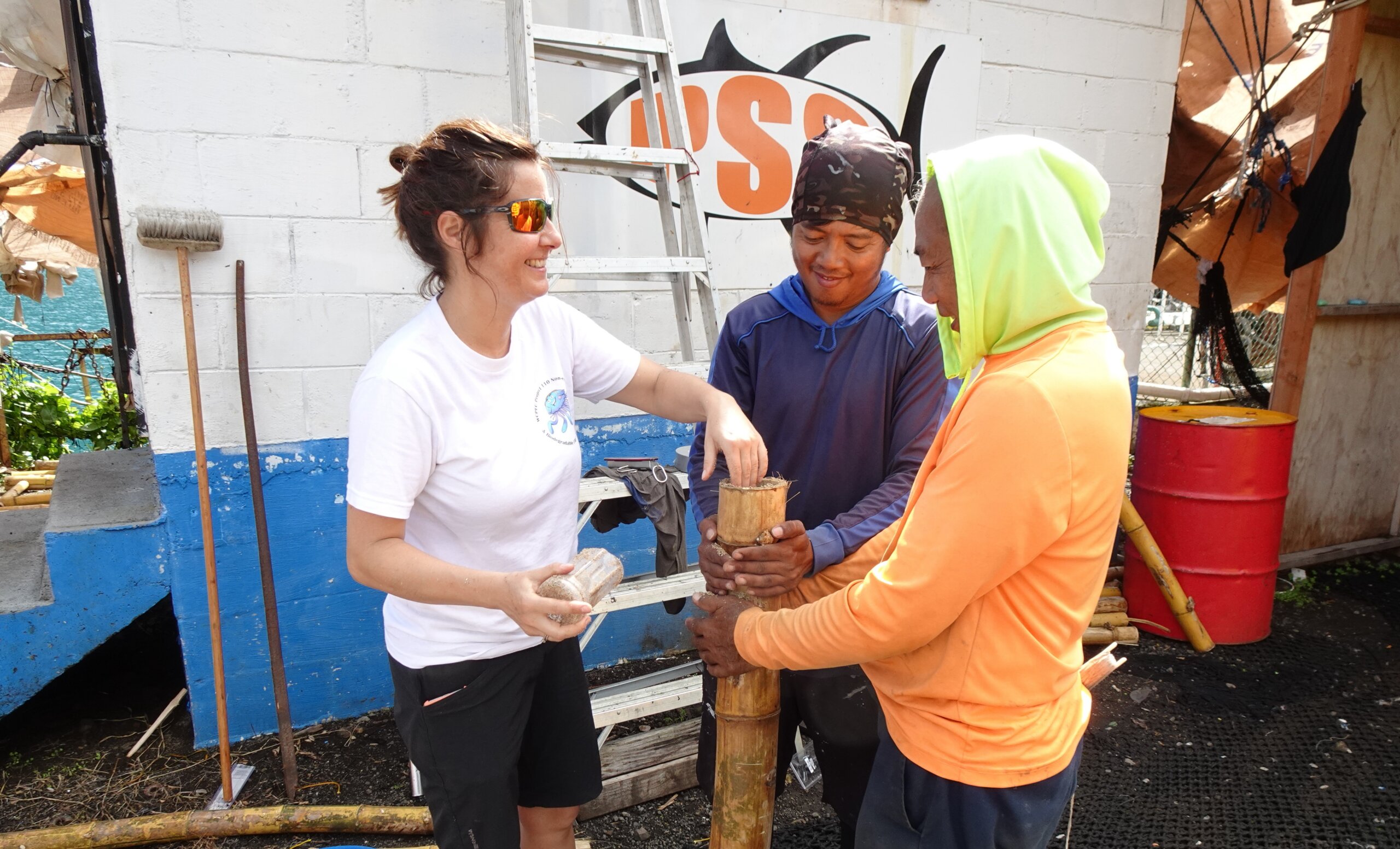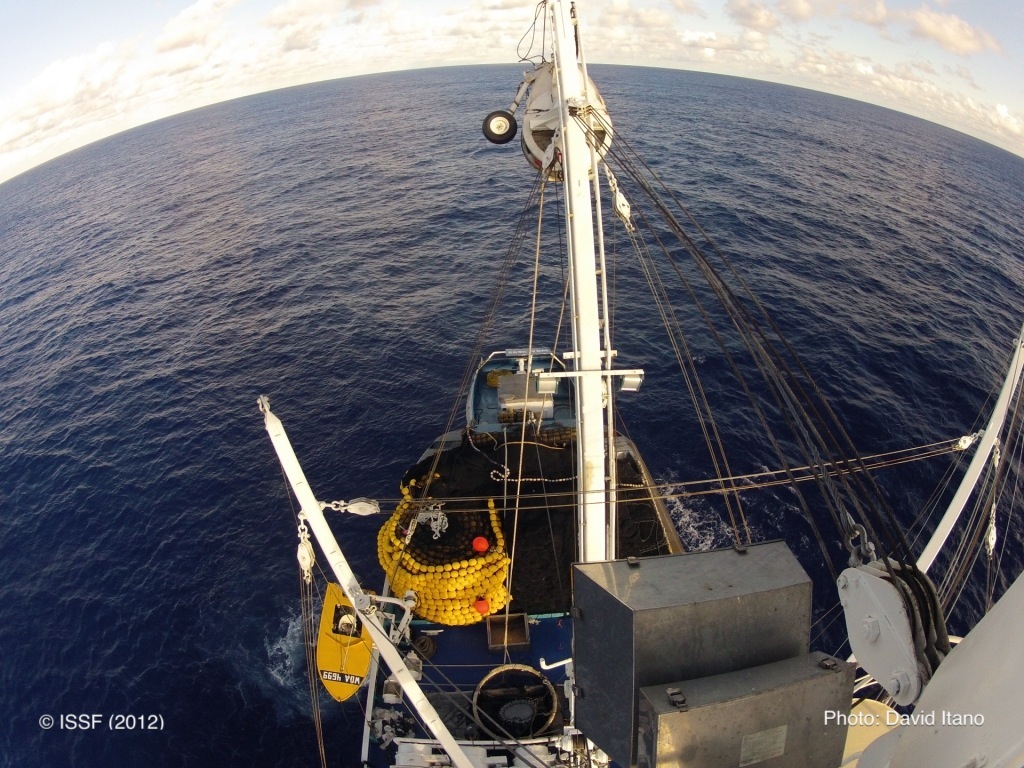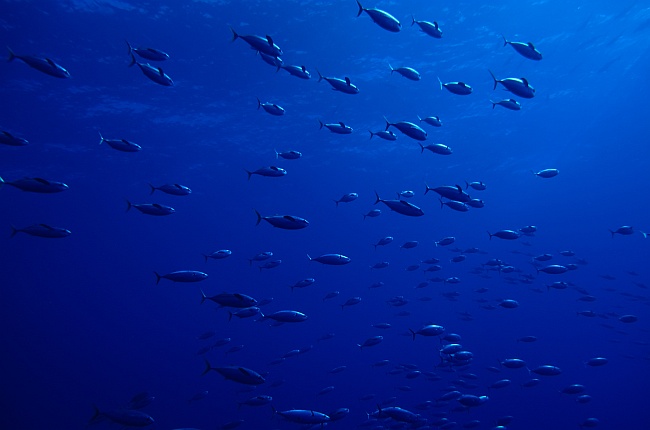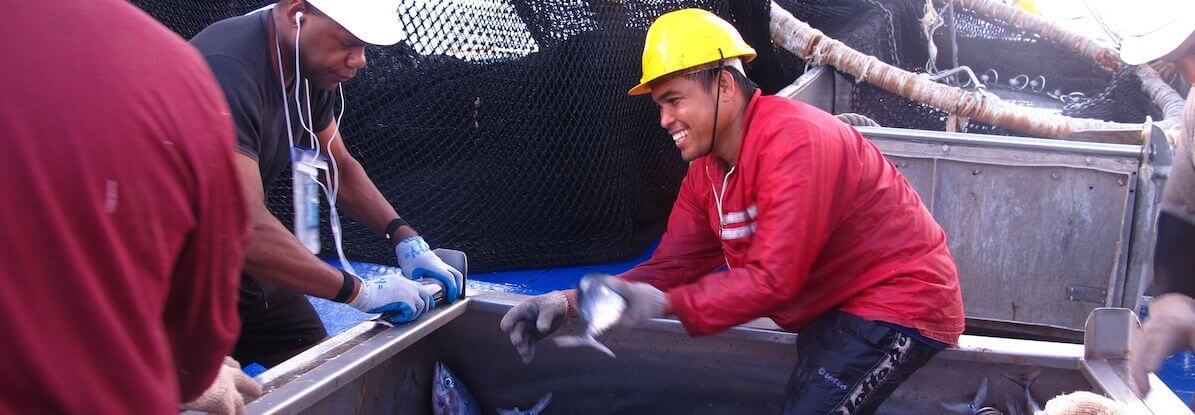
Marine Stewardship Council (MSC) Fishery Certification
An independent, international, non-profit organization founded in 1996, the Marine Stewardship Council (MSC) manages a program to assess all wild-capture fisheries and certify them as “sustainable” if they meet criteria in the MSC Fisheries Standard.
Through certification, the Marine Stewardship Council acknowledges those select fisheries that meet its sustainable fishing benchmarks. MSC published an updated Fisheries Standard (version 3.1) in 2024.
If more fisheries worldwide become capable of meeting MSC’s fishery and chain-of-custody standards, the global seafood supply chain will become more traceable and sustainable. According to MSC’s 2025 Sustainable Tuna Yearbook, about half — 2.8 million tonnes — of the world’s annual tuna catch is from MSC-certified fisheries.
Our Role in Fishery Certification
ISSF does not assess or certify fisheries. Certification is a Marine Stewardship Council function. As a stakeholder, however, ISSF engages with MSC to help improve the standards and ensure consistency among MSC’s fishery assessments.
We also submit technical comments on MSC certification and assessment processes, publish research based on MSC criteria, and develop resources for fisheries seeking MSC certification.
ISSF’s 5-Year Goal & the MSC Fisheries Standard
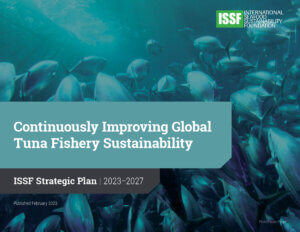 ISSF’s new strategic plan objective is that by the end of 2027, all tuna fisheries from which ISSF participating companies source can:
ISSF’s new strategic plan objective is that by the end of 2027, all tuna fisheries from which ISSF participating companies source can:
Meet and maintain the Marine Stewardship Council (MSC) certification standard*
OR
There is a clear roadmap and timetable in place to meet this standard that is underpinned by the best-available science.
*ISSF will seek to achieve conformance with MSC’s then-current performance indicators at an 80 score level, which is sufficient for certification of a fishery without conditions.
MSC CERTIFICATION STANDARD & SCORING
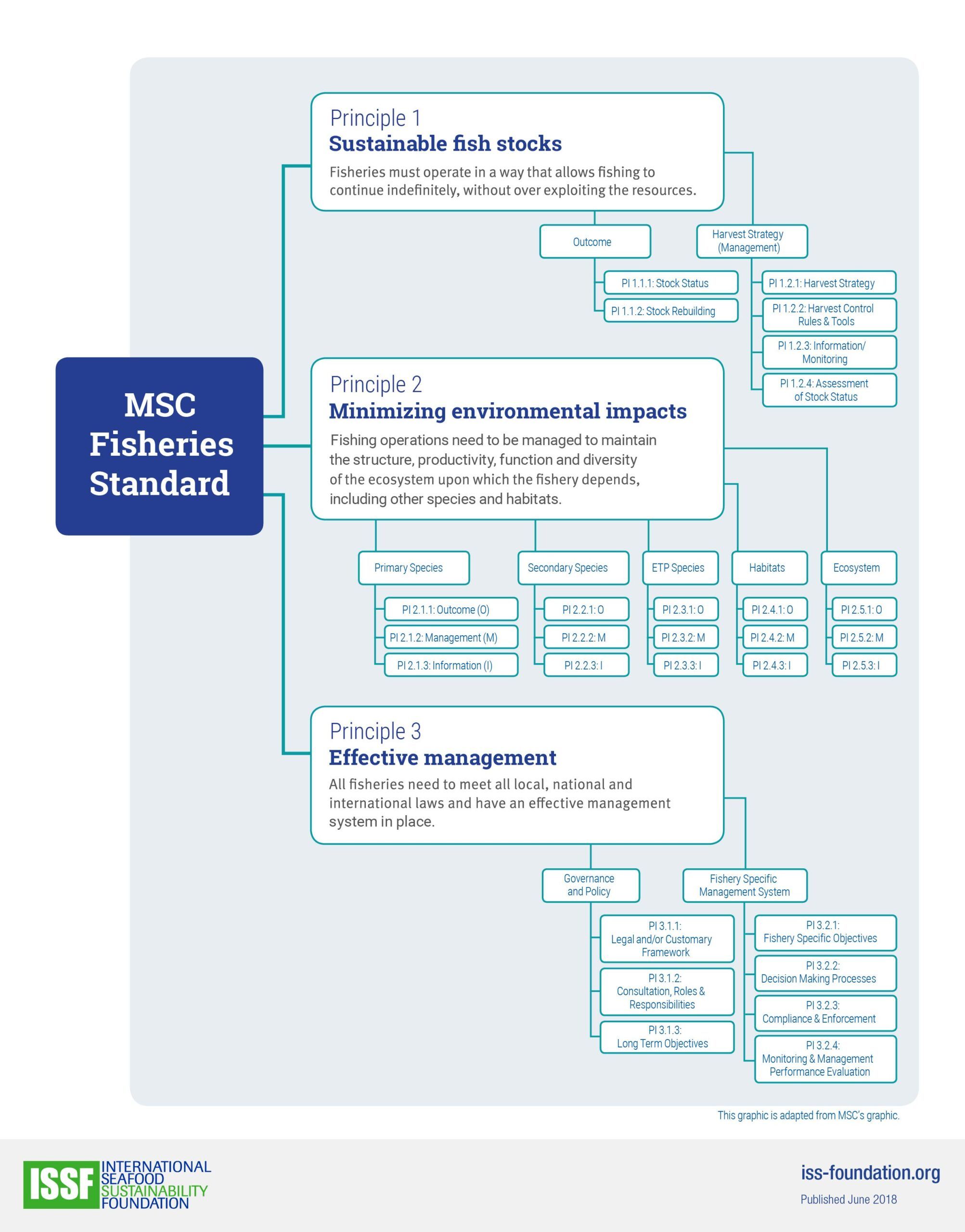
Tuna Fisheries & MSC Assessment or Certification
Among the fisheries MSC has certified worldwide, 66 were tuna fisheries as of June 2025. As of that date, 7 tuna fisheries were in full assessment to be certified.
Ideally, all tuna would be sourced from MSC-certified fisheries, and all fisheries would receive an 80-100 score on each MSC Performance Indicator (PI) — that is, receive MSC certification without “conditions.”
Purse-seine tuna fisheries that use drifting FADs, which harvest the majority of the world’s tuna, are capable of achieving MSC certification if they follow science-based best practices.
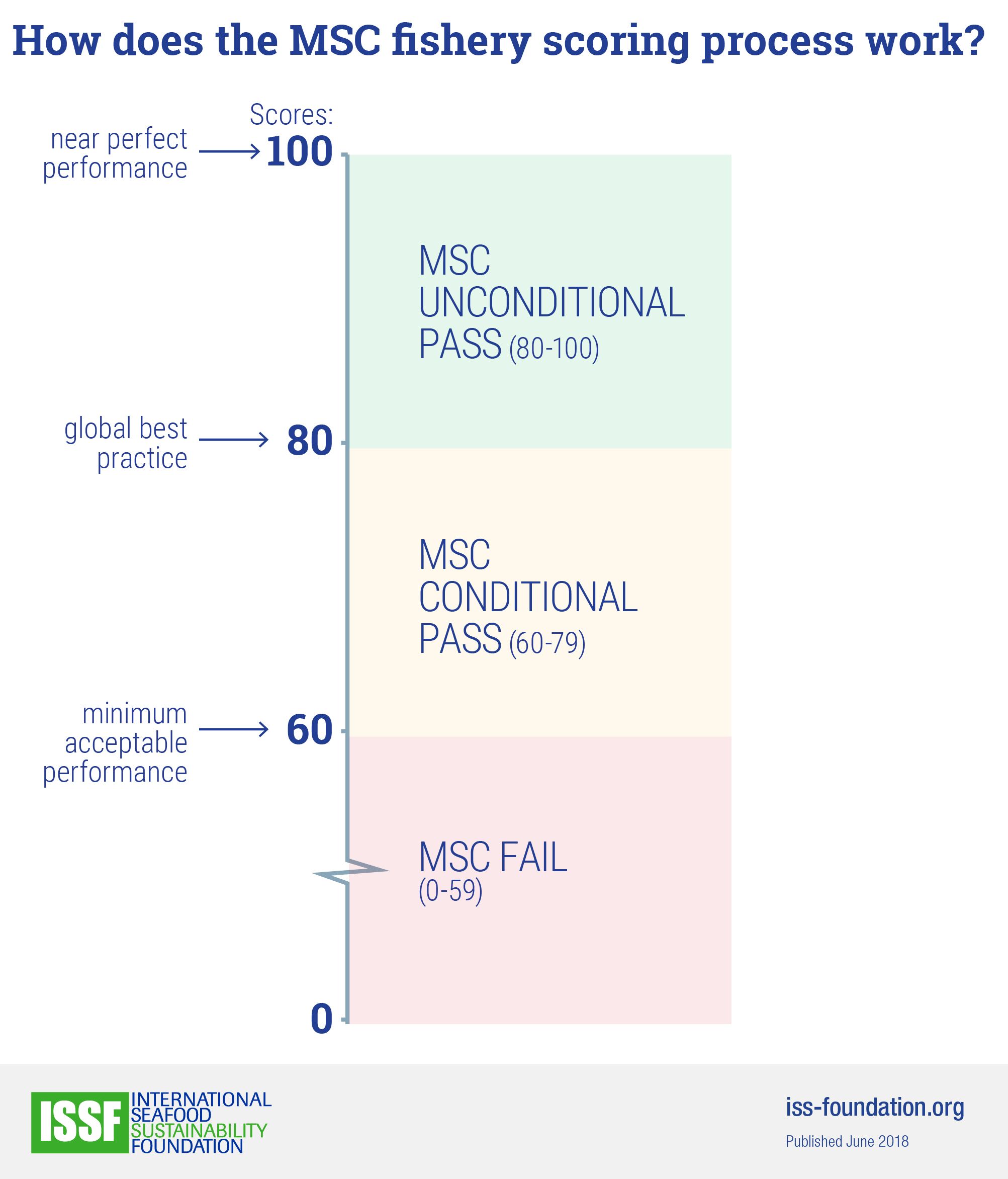
MSC Scores & Sustainability
During an MSC assessment, fisheries assessors examine a fishery’s policies, processes, and outcomes based on 28 performance indicators (PIs) under the three principles of the MSC Fisheries Standard.
On each PI, the fishery receives a score from 0-100. Those individual scores create an aggregate score that determines whether a fishery will receive certification (for a score 80-100) or “conditional” certification (60-79) — or fail (59 or below).
MSC weights some PIs more than others in scoring, so a fishery can receive an overall “fail” even if it has only one individual PI failing score.
RELATED RESOURCES
Global Tuna Fisheries & the MSC Standard
In our 2024 annual report, we outline how ISSF supports the MSC fishery certification process.
ISSF Strategic Plan
Learn about our new five-year goal for sustainable tuna fisheries — and our approach to achieving it.
Fishery MSC Certification Support
To help fisheries remediate their performance in problem areas — or close conditions so they can maintain MSC certification — ISSF offers technical services as well as online resources, including best practices reports and checklists for purse-seine and longline fisheries.

